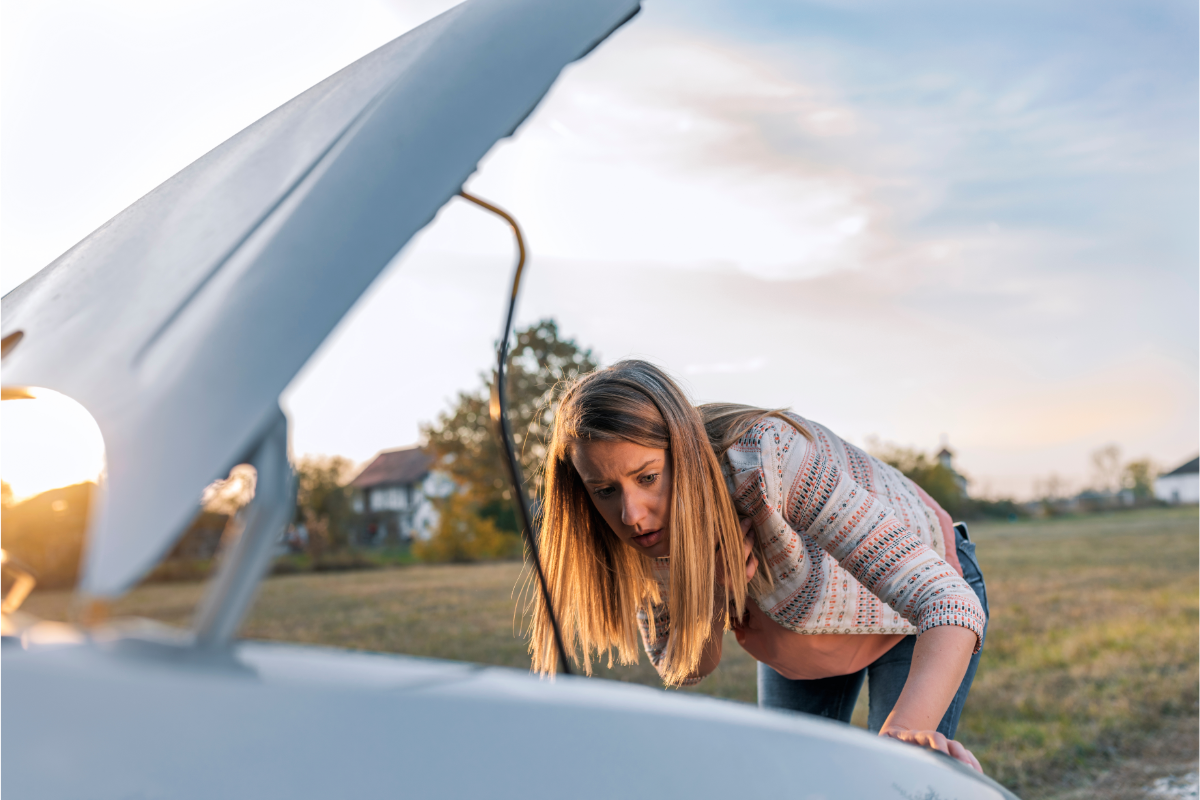If you’ve ever found yourself staring at your motorhome, wondering why it refuses to start, you’re not alone. Whether you’re planning a weekend getaway or preparing for an extended road trip, there’s nothing more frustrating than facing a motorhome that won’t turn on. Understanding the potential reasons behind this issue can save you time, money, and stress. In this article, we’ll explore five possible causes for your motorhome’s failure to start and offer simple solutions to get you back on the road.
5 Possible Reasons Why Your Motorhome Won’t Start
Let’s jump right into the most common causes behind your motorhome’s failure to start.
Dead Battery: The Most Common Culprit
A dead battery is by far the most common reason your motorhome won’t start. Over time, batteries can lose their charge, especially if your motorhome has been sitting idle for a while.
Signs of a Dead Battery
- The engine cranks slowly or doesn’t crank at all when you turn the key.
- You may hear a clicking sound when you try to start the engine.
- The electrical components in your motorhome (like lights or the radio) may not function properly.
How to Check and Replace Your Battery
Start by checking the battery’s charge using a multimeter. If it’s below 12.6 volts, the battery is likely dead or dying. Clean the battery terminals and check for any corrosion. If your battery is more than a few years old or still doesn’t hold a charge, it might be time to replace it with a new one.
Faulty Starter Motor
Another common reason for your motorhome’s failure to start is a faulty starter motor. This is the part responsible for engaging the engine when you turn the key.
Symptoms of a Bad Starter Motor
- You might hear a grinding noise or no noise at all when you try to start your motorhome.
- The motorhome may struggle to start, or you might need to try multiple times.
How to Fix or Replace the Starter Motor
If your starter motor is bad, it’s best to consult a professional. However, if you’re experienced with car repairs, you can replace the starter motor yourself by disconnecting the battery and removing the old part. Make sure to install a high-quality replacement starter to avoid recurring issues.
Fuel System Problems
If the fuel system isn’t delivering the right amount of fuel to the engine, your motorhome will not start.
Clogged Fuel Filters and Fuel Pump Issues
A clogged fuel filter can restrict fuel flow, while a malfunctioning fuel pump may prevent fuel from reaching the engine. Both can cause a no-start condition.
How to Troubleshoot Fuel System Failures
Inspect the fuel filter and replace it if it’s clogged. If the problem persists, check the fuel pump’s functionality. You can listen for a humming sound when the ignition is on, indicating that the fuel pump is working. If it’s silent, you might need a new fuel pump.
Electrical System Failures
Electrical failures can also be a culprit behind a motorhome that won’t start. The electrical system connects all the key components, including the battery, starter motor, and ignition system.
Wiring Issues or Fuses
If there’s a broken wire or blown fuse, your motorhome’s electrical system may not function properly, leading to starting problems.
Diagnosing Electrical Problems in Your Motorhome
Check all fuses and wires for signs of wear or damage. Replace any blown fuses, and inspect the wiring for corrosion or loose connections. A simple continuity test with a multimeter can help identify wiring issues.
Ignition System Problems
Your motorhome’s ignition system is responsible for starting the engine. If something goes wrong here, the motorhome won’t start.
Faulty Ignition Switch and Sensors
A faulty ignition switch or malfunctioning sensors can prevent the motorhome from starting, even if the battery and other components are in good shape.
Steps to Check Your Ignition System
If you suspect an issue with the ignition system, start by inspecting the ignition switch and related components. A professional mechanic may need to replace any faulty sensors or ignition parts.
How to Prevent Starting Issues in Your Motorhome
Now that you know what might be causing the problem, let’s talk about how you can avoid these issues in the future.
Regular Maintenance Checks
Maintaining your motorhome regularly can prevent most starting issues from occurring.
Checking Battery Health
Perform a battery check at least once a year. Clean the terminals, check the voltage, and replace the battery when necessary.
Routine Fuel System Inspections
Keep an eye on the fuel filter and fuel lines. Replace the fuel filter every 10,000 miles or as recommended by your motorhome’s manual.
Invest in Quality Parts
Cheap parts might save you money upfront but can lead to bigger issues later.
Importance of Quality Battery and Fuel Filters
Invest in a reliable battery and high-quality fuel filters to keep your motorhome in optimal condition.
Reliable Starter Motors and Ignition Parts
Make sure you’re using quality parts for your starter motor and ignition system to reduce the likelihood of starting problems.
A motorhome that won’t start can be a real headache, but understanding the common causes can help you troubleshoot and fix the problem quickly. Whether it’s a dead battery, a faulty starter motor, fuel system issues, electrical failures, or ignition system problems, knowing what to check can save you time and money. Regular maintenance and investing in quality parts will also go a long way in keeping your motorhome running smoothly. Don’t let a simple issue ruin your adventure—take action and get back on the road!
